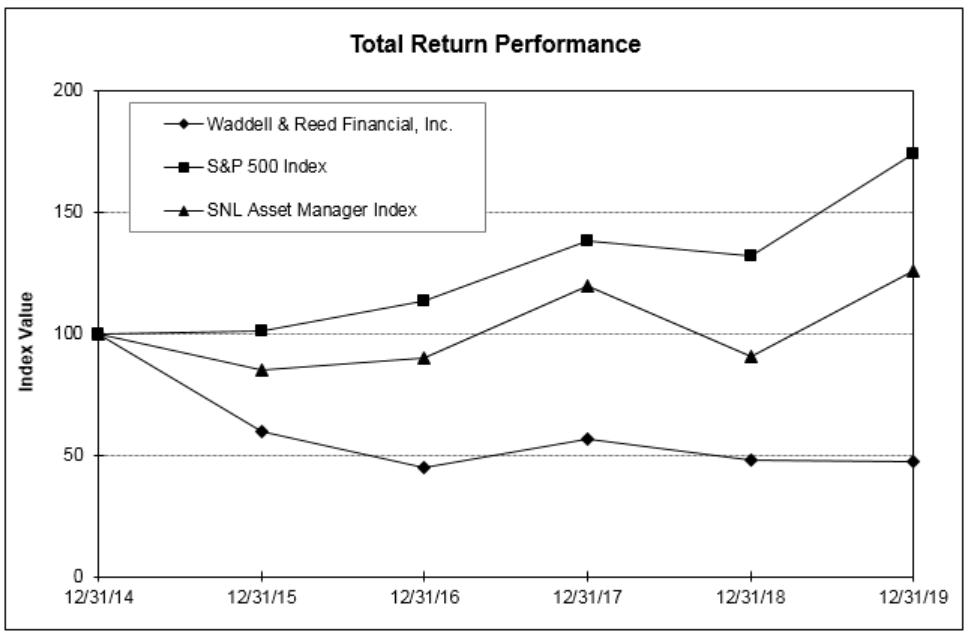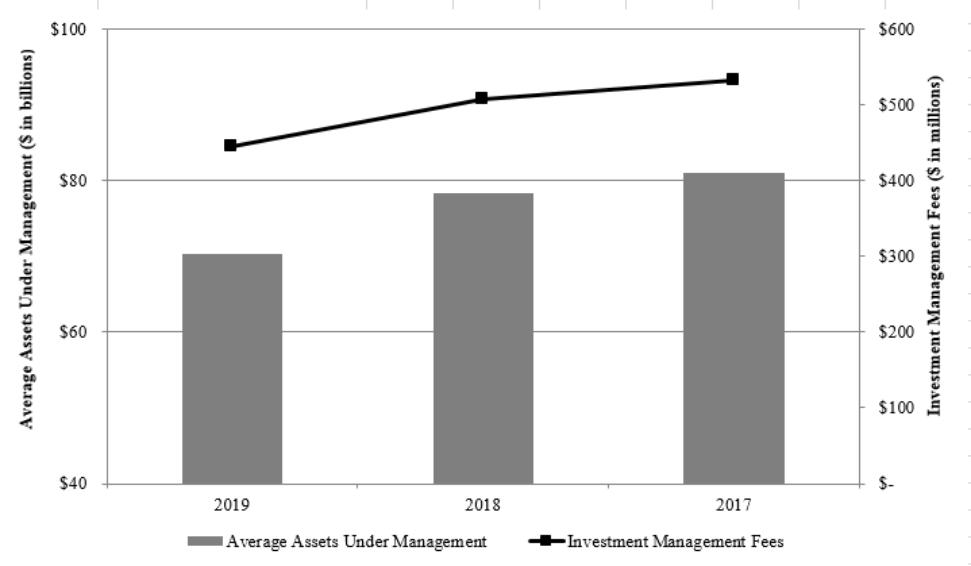incidents, costs to provide notice to and credit monitoring for affected clients, and litigation costs resulting from the incident. Although we seek to assess regularly and improve our existing disaster recovery plans, a major disaster, or one that affected certain important operating areas, or our inability to recover successfully should we experience a disaster or other business continuity problem, could materially interrupt our business operations and cause material financial loss, loss of human capital, regulatory actions, reputational harm or legal liability. These events, and those discussed above, could have a material adverse effect on our business and reputation.
We remain subject to various state and federal laws and regulations related to the privacy, integrity and security of nonpublic personal information we create, collect and maintain in the conduct of our business concerning individuals, including Fund trustees and shareholders, our directors and shareholders, our clients, Advisors’ clients and our employees and independent contractors. For example, the State of California recently enacted the California Consumer Privacy Act of 2018, which was effective January 1, 2020 and, among other things, creates detailed notice, opt-out/opt-in, access and erasure rights for consumers vis-à-vis businesses that collect their personal information, and provides a new private cause of action for data breaches. Other states have enacted or proposed, or in the future may enact, similar privacy and data security legislation. Privacy and data security laws and regulations, particularly when enacted on a state by state basis rather than at the federal level, could impose significant limitations, require changes to our business, restrict our collection, use or storage of nonpublic personal information and subject us to legal liability or regulatory action, which may result in increased compliance expenses, fines or penalties, the termination of client contracts, costly mitigation activities and harm to our reputation.
Failure To Establish Adequate Controls And Risk Management Policies, The Circumvention Of Controls And Risk Management Policies, Or Fraud Could Have An Adverse Effect On Our Reputation And Financial Position. We have established a comprehensive risk management process and continue to enhance various controls, procedures, policies and systems to monitor and manage risks; however, we cannot assure that such controls, procedures, policies and systems will successfully identify and manage internal and external risks to our business. We are subject to the risk that our employees, Advisors, contractors or other third parties may deliberately seek to circumvent established controls to commit fraud or act in ways that are inconsistent with our controls, policies and procedures. Persistent attempts to circumvent policies and controls, or repeated incidents involving fraud, conflicts of interest or transgressions of policies and controls, could have a materially adverse effect on our reputation and lead to costly regulatory inquiries, fines and/or sanctions.
Our Own Operational Failures Or Those Of Third Parties We Rely On, Including Failures Arising Out Of Human Error, Could Disrupt Our Business And Damage Our Reputation. Our business is highly dependent on our ability to process, on a daily basis, large numbers of transactions. These transactions generally must comply with client investment guidelines, as well as stringent legal and regulatory standards. Despite our employees being highly trained and skilled, due to the large number of transactions we process, errors may occur. If we make mistakes in performing our services that cause financial harm to our clients, our clients may seek to recover their losses. The occurrence of mistakes, particularly significant ones, could have a material adverse effect on our reputation and business.
RISKS RELATED TO OUR BUSINESS
A Failure To Protect Our Reputation Could Adversely Affect Our Businesses. Our reputation is one of our most important assets. Our ability to attract and retain clients, investors, employees and Advisors is highly dependent upon external perceptions of our Company. Damage to our reputation could cause significant harm to our business and prospects and may arise from numerous sources, including litigation or regulatory actions, failing to deliver minimum standards of service and quality, compliance failures, any perceived or actual weakness in our financial strength or liquidity, technological, cybersecurity, or other security breaches (including attempted breaches) resulting in improper disclosure of client or employee personal information, unethical behavior, and the misconduct of employees, Advisors and counterparties. Negative perceptions or publicity regarding these matters, even if they are baseless or eventually satisfactorily addressed, could damage our reputation among existing and potential clients, investors, employees and Advisors. Reputations may take decades to re-build, and negative incidents can quickly erode trust and confidence, particularly if they result in adverse mainstream and social media publicity, governmental investigations or litigation. Adverse developments with respect to our industry may also, by association, negatively impact our reputation or result in greater regulatory or legislative scrutiny or litigation against us.
Our reputation is also dependent on our continued identification of and mitigation against conflicts of interest, including those relating to our proprietary activities. For example, conflicts may arise between our position as a provider of financial planning services and as an investment adviser to Funds that an Advisor may recommend to a financial

